One of the most interesting parts about researching the rise of ancient civilizations is reading about their inevitable fall from grace. After all there’s nothing quite like the downfall of an ancient civilization, reflecting on its many reasons and wondering if there was any way to potentially stop such a thing from happening in retrospect.
One of the strongest and most enduring ancient civilizations was ancient Egypt, as its story is filled to the brim with ups and downs. It’s convenient to believe that something calamitous caused the downfall of ancient Egypt, but the truth is more along the lines of a (very long) series of mistakes and misfortunes. Here are just a few of the reasons for the inevitable fall of ancient Egypt.
The Drying of the Nile River

The Old Kingdom of ancient Egypt was as vast as it was powerful, but there are quite a few reasons why it went into decline. One of the first is a matter of geography and resources. One of the prerequisites of a civilization—the first step—is to find a place with an abundant source of water. The Nile River served as the first step toward Egypt’s growth as a civilization, but it also had a habit of being quite fickle.
One minute the Nile is offering life-giving resources to the Egyptians, and the next it starts flooding. These were always challenges tackled by the ancient Egyptians, but the drying of the Nile River in specific moments sparked the downfall of the Old Kingdom. Such a transformation didn’t occur in a day, as it took many instances of the Nile drying out to severely affect the ancient Egyptians.
The Reign of Pepy II
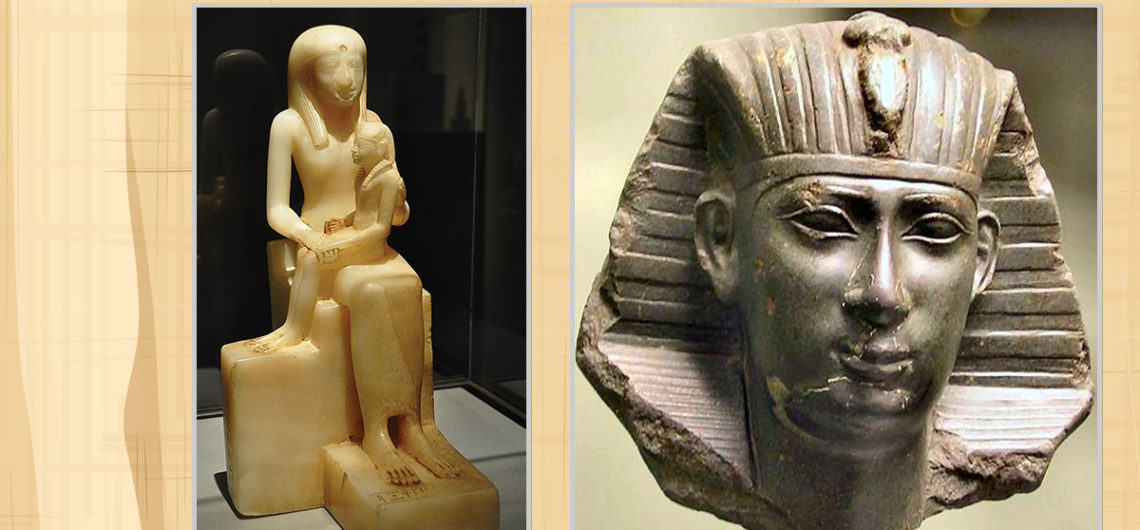
No matter how effective a ruler, there comes a point when the rule becomes so long that it starts to hamper with the laws of succession. It wasn’t too big a problem back in the day, as the life expectancy of most were not very high. However, Pepy II was a very long-lived individual. Pepy II’s rule spanned ninety-four years, which was mind-bogglingly long at the time.
With Pepy II’s rule, he ended up outliving many of his heirs, which caused all manner of trouble among potential rulers of Egypt. With so many potential heirs, it caused chaos among the ruling class and made it challenging for Egypt to grow.
The Rise of Nomarchs

The sixth dynasty of Egypt brought with it plenty of sweeping changes. Namely, the increasing importance of women, which was why many queens had their own wall inscriptions, as well as the rising interest in rural provinces. During this time, the power of nomarchs grew. A nomarch was a provincial governor in ancient Egypt, and their growing power meant the hold of the Pharaoh was weakening.
Evidence of the power of nomarchs can be seen from the increase in quality of their tombs around the time of the sixth dynasty. While such a thing can be seen as an improvement as far as the modern age goes, this lack of centralized power within the Egyptians opened up the opportunity for many more political squabbles. The weakening of a central government didn’t bode well for the ancient Egyptian empire.
In-Fighting Between Royalty and Nomarchs

The First Intermediate Period of Egypt was considered to be a time of decline and uncertainty, while still having its fair share of technological achievements. With the growth of the nomarchs causing a shift within the growth of the Egyptian empire, it was only a matter of time before the nomarchs started to fight not only with themselves, but with royalty. The nomarchs did a good job managing each province, especially during the times when the Nile River was drying.
The Old Kingdom eventually declined into the First Intermediate Period due to a combination of the nomarchs, the rule of Pepy II, and the drying of the Nile. With nomarchs acting outside the rule of the pharaoh, it only caused more problems as time went on. The in-fighting between the nomarchs and Egyptian royalty eventually led to the collapse of the Old Kingdom.
The First Intermediate Period
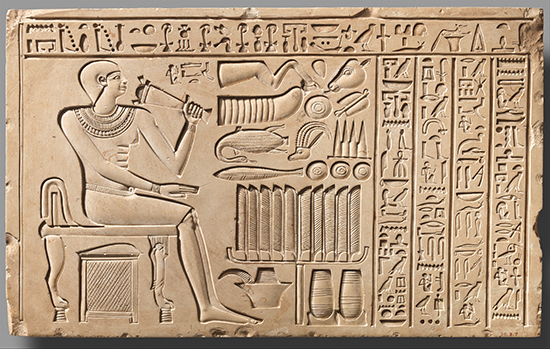
With the collapse of the Old Kingdom came the First Intermediate Period, which is largely considered the dark ages of the ancient Egyptians. It was a time when famine and chaos ran rampant, and there was very little control due to the collapse of the centralized government. It was a period spanning roughly three hundred years between the Old and Middle Kingdoms of ancient Egyptian history.
Those three hundred years were filled with all manner of conflicts. The ancient Egyptians suffered until two powers rose and eventually clashed, based on Heracleopolis and Thebes. The Thebans came out on top, conquering the north. The troubles of the First Intermediate Period didn’t end right away, as there were still plenty of problems despite the unification of Egypt.
The Nubians
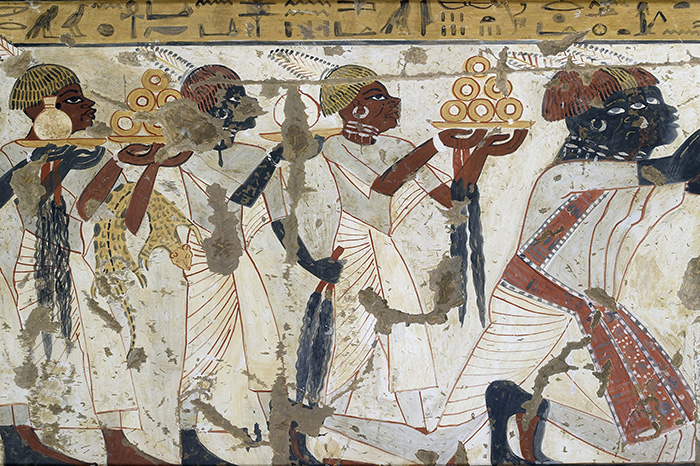
Did you know that there were more pyramids constructed in Nubian than there were in Egypt? Despite the unification of ancient Egypt at the end of the First Intermediate Period, it was only a matter of time before things would fracture once again. The reign of Pharaoh Ramses III was crucial in ancient Egyptian history, as he is largely considered to be the last great ruler of Egypt. After his reign, Egypt suffered another decline, eventually fracturing into two kingdoms once again.
The real trouble started when the Nubians—a people partially conquered by the Egyptians—gained the upper hand and fully conquered Egypt. It would be the first of many foreign invasions that would continue to destroy an already crumbling Egypt. That said, the Nubians still took ancient Egyptian cultures and religion as their own.
The Persians
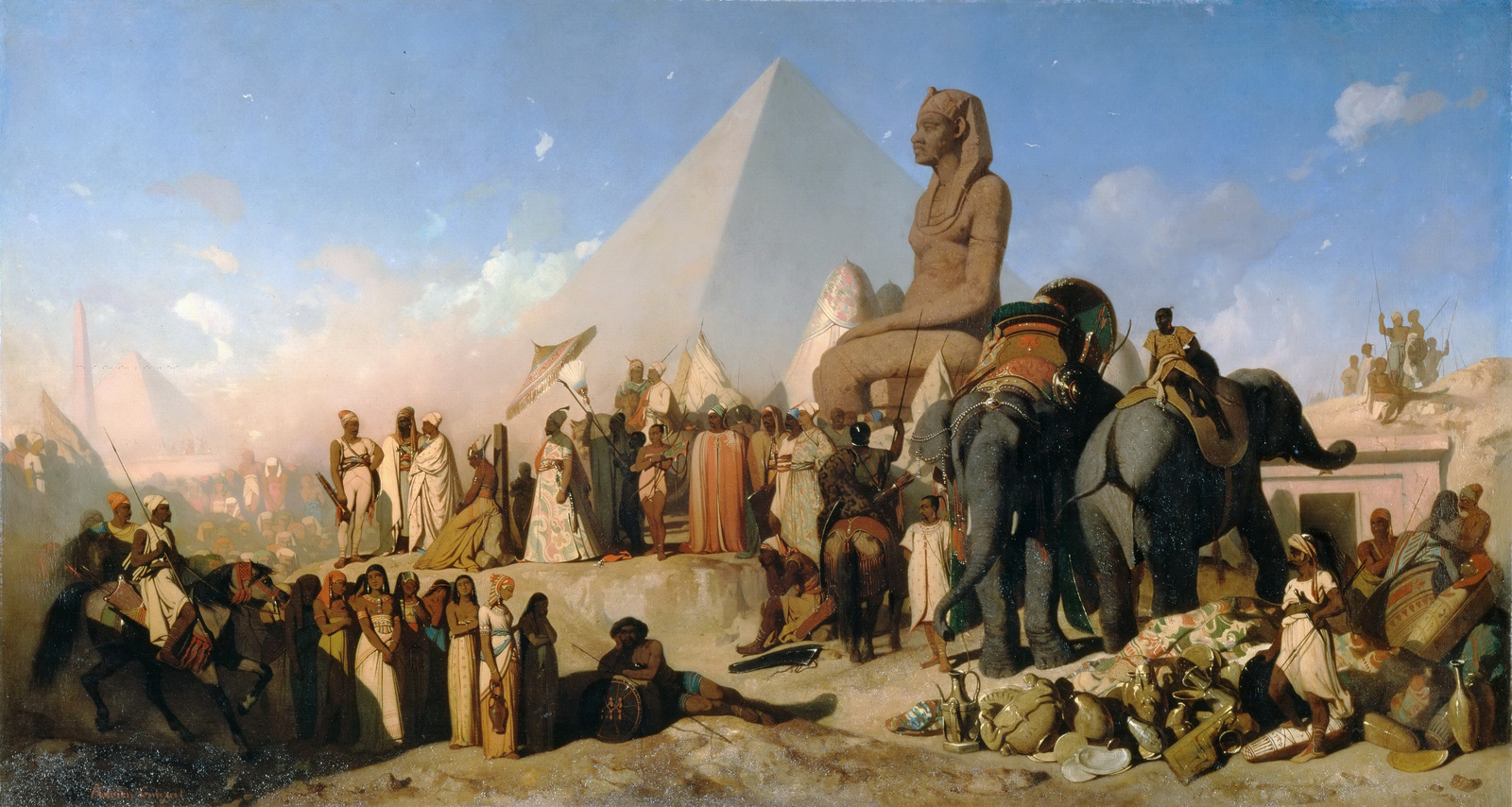
The next in line of foreign invasions came in the form of the Assyrians, but it would be the Persians who ended up fully conquering a crumbling Egypt. The Persian empire was vast and powerful, and they also conquered Babylon. It comes as no surprise that such a powerful civilization could end up overpowering Egypt, but the fact that Egypt was in such a sorry state did not help things.
The Persian empire was so vast that it became challenging for the Persians to fully control territory. However, even with the logistical nightmare, they were still able to handily conquer Egypt. Once again, their values and culture were displaced and adopted by the Persians of Egypt.
Alexander the Great
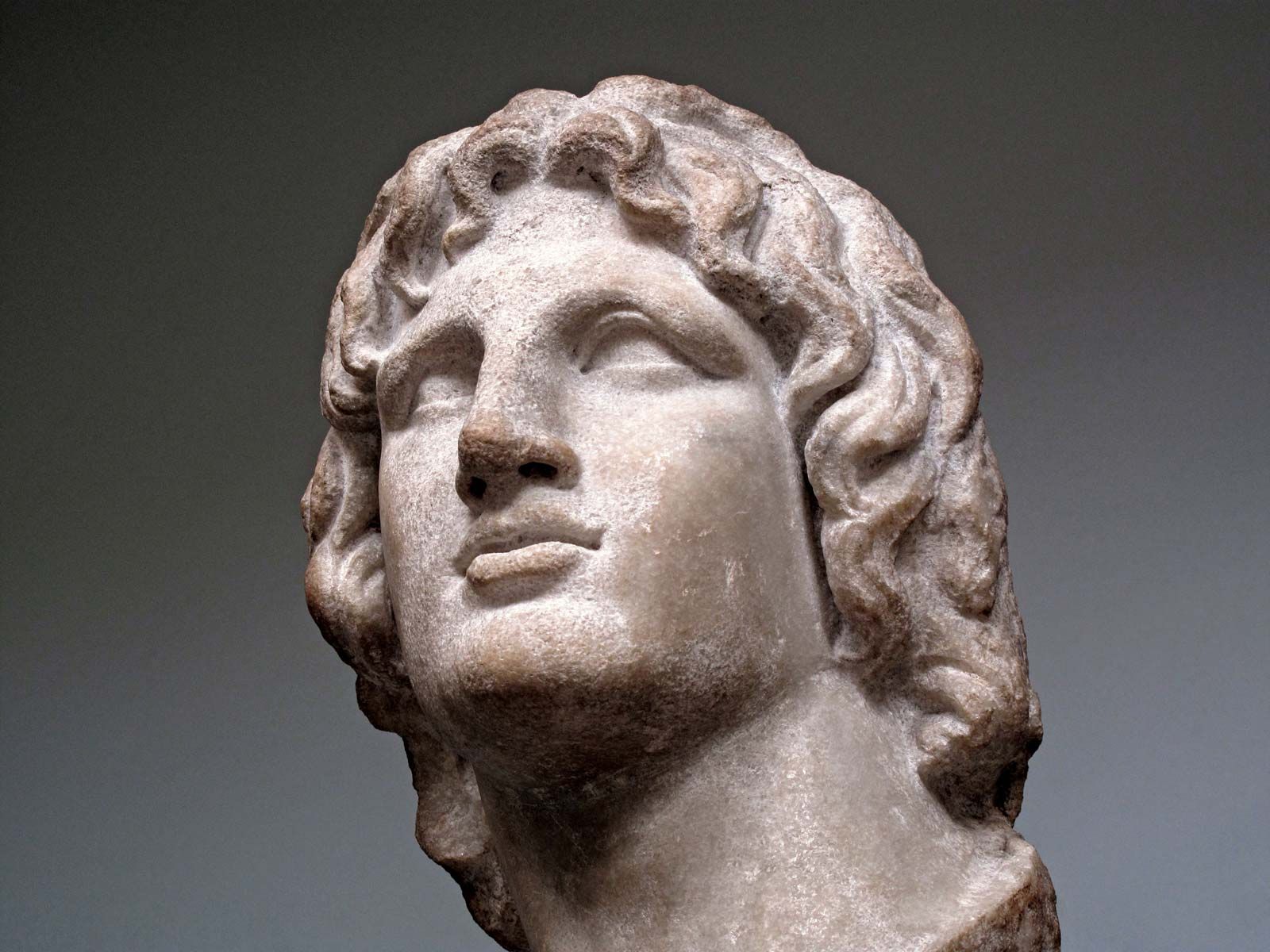
While the Persians were able to conquer Egypt, it didn’t take long for the Egyptians to be freed from Persian rule. The person responsible for taking over Egypt (again) was Alexander the Great, and he broke the Persian lines and chased the Persian king around the known world. The reason why Alexander the Great was part of the downfall of the Egyptians was largely due to his inability to control any of the lands he conquered. He was a fantastic general that remained unbeaten in battle until the time of his death, but he couldn’t control his generals.
Alexander respected Egyptian traditions, and the ancient Egyptians accepted him as a ruler. When Alexander died, one of his generals, Ptolemy, became the pharaoh. The Egyptians would work closely with the Greeks, though it was an alliance that would not last—heralding the end of the ancient Egyptian empire.
The Hellenistic Period

Despite the primary topic being the downfall of the ancient Egyptians, we can’t talk about the final downfall of the Egyptians without first talking about the downfall of the Greeks. With one of Alexander’s generals ruling as Pharaoh of Egypt, many more of his generals took other bits of conquered land. Unfortunately, Alexander acted as the glue that kept everyone together. With his death, it resulted in plenty of in-fighting, and the ancient Egyptians were included.
The Hellenistic period is known as the decline of the Greeks, but it also heralds the decline of the Egyptians.
Cleopatra VII

Ending things with the very last ruler of Ptolemaic Egypt, Cleopatra VII wasn’t necessarily seen as a failure. She was skilled in the art of politics, and knew how to use her position to her advantage. Cleopatra felt that she was better off allying with Marc Anthony, one of the potential rulers of the Roman empire. She wanted to expand the influence of Egypt, and banded together with Marc Anthony to make her dreams into a reality. At this point, the Romans had conquered the Greek peninsula, which means Egypt is the very last piece of ancient Greece and Egypt alike.
Unfortunately, Cleopatra and Marc Anthony were defeated. Egypt became a part of the Roman empire after Cleopatra’s death. While it was not the end of the Egyptian civilization, it was undoubtedly the very end of the ancient Egypt as we know it.